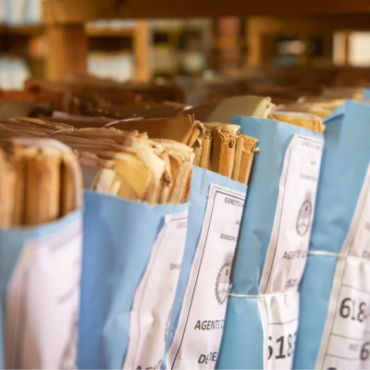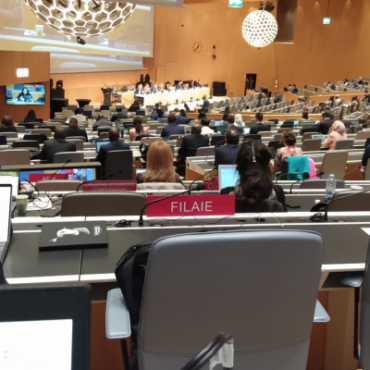The International Council on Archives (ICA) promotes the efficient and effective management and use of records, archives and data in all their formats and their preservation as the cultural and evidentiary heritage of humanity.


By Jean Dryden, ICA representative to WIPO’s Standing Committee on Copyright and Related Rights
22 April 2024